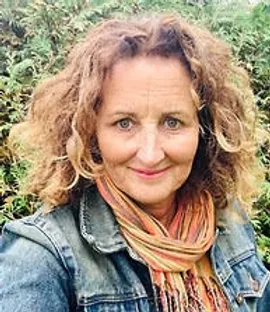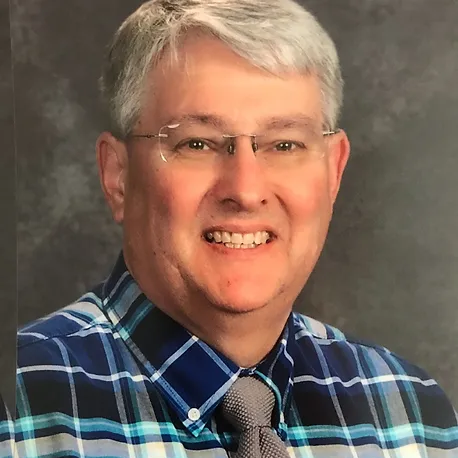Young Adults Ages 12 years -21
Crisis Line
1-888-267-6086
231-690-7367
Good mental health is more than just the absence of mental illness. It means you are in a state of wellbeing where you feel good and function well in the world.
Good mental health is when you can cope with the normal stresses of life.
Trying to determine if a person is struggling with mental health is not always easy. Here are a few symptoms that may help you recognize that you are struggling with good mental health: Excessive worrying or fear, feeling excessively sad, extreme mood changes, strong feelings of irritability or anger, avoiding friends or social activities, changes in eating habits, inability to carry out daily activities, changes in school performance, nightmares.
Onekama Consolidated Schools has staff on site to help with any concerns.
Please see the names, phones and email addresses so you can reach out to these folks anytime.


Students Ages 12 and up
School Based Mental Health Clinician
The SBMH Clinician works with students 1:1 providing therapy for a range of issues. They will complete an assessment, provide diagnostics, and develop a treatment plan with the student (parents) and any other person the student identifies as part of the student’s treatment team.
School Clinician’s work with students that have been referred by school personnel, by parents and guardians, or the student themselves. Clinicians work with students in addressing a wide range of mental health issues such as anxiety, depression. They can work individually or in groups, provide support and brief solution-based therapy to those who may have some adjustment difficulties. The school-based clinicians can assist in connecting with mental health services for those students may have a complex number of issues. The clinicians work with community mental health and SafeNet providers within the school system to assure the student is receiving the level of services needed. School clinicians can provide consultation to families and can see a student who even one or two times if they are having a difficult time at school. Again, these interventions are brief, but can always evolve into therapeutic treatments on a more regular basis.
School clinicians are a resource for families, students, teachers and other staff within the school. They provide consultation, training, support and treatment.